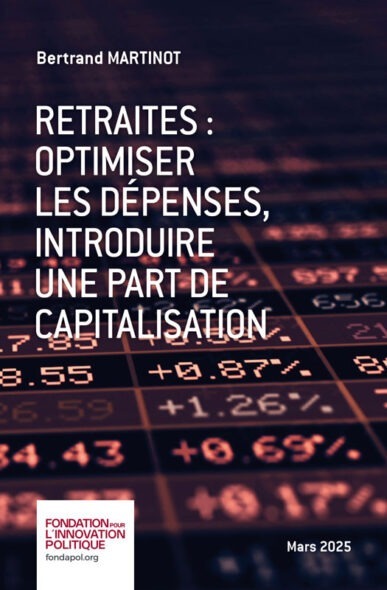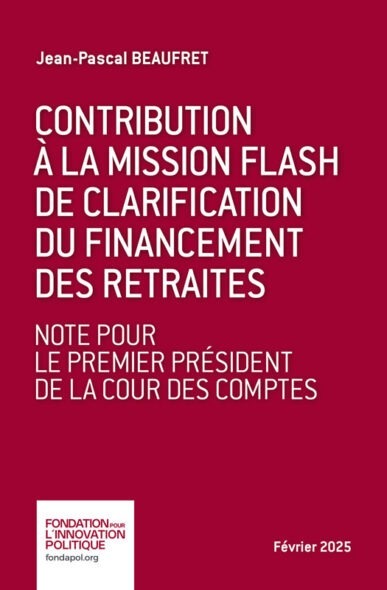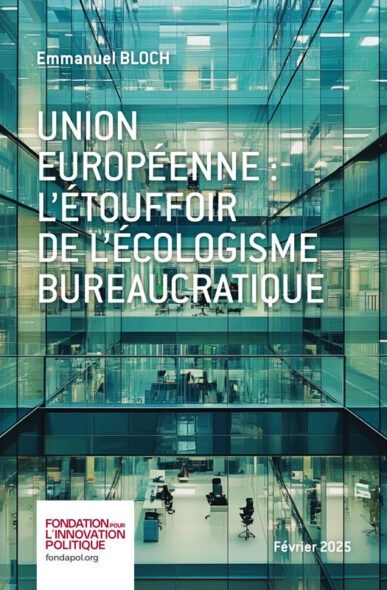Cybernats and conspiracy theories
Bethany Wheatley | 18 septembre 2014
 Cybernats and conspiracy theories
Cybernats and conspiracy theories
By @BethanyWheatley
I was planning to write about digital canvassing versus the traditional paper method, but I hope you’ll forgive me if I instead turn my pen to something a bit more topical – today’s independence referendum (#indyref) in Scotland.
As this is published, Scottish residents are heading to the voting booth to decide if Scotland will stay a part of the Union (No) or break the 300 year old bond with England, Wales and Northern Ireland to become an independent country (Yes).
I should probably declare my position – I’m a No. I don’t have a vote, though I’ve done everything from tweeting to attending the Unity 2014 Rally in Trafalgar Square on Monday night to let the Scots know we don’t want them to leave. It will still be some hours before we know for sure which way the vote will go, but all the recent polls indicate that whatever the outcome, it will be close.
Throughout the referendum campaign, a lot of politicking has taken place online, and specifically on Twitter. Search #indyref and you’ll find yourself occupied for hours wading through all the tweets.
Scottish National Party (SNP) and other independence supporters have been very vocal online from the beginning, even before a referendum was on the cards. Yes supporters are often referred to as ‘CyberNats’ – short for cyber nationalists – and while this was not initially a derogatory term, it has evolved to describe a particular type of online activist who is often bullying, abusive and / or threatening to those who disagree.
When JK Rowling came out as a supporter of the Union, even donating £1 million to the No cause, she was subjected to a barrage of online abuse and threats. At least one prominent figure in the Yes camp has also been targeted by opponents, but by and large the nastiest online abuse seems to have come from the Yes side.
And that brings me neatly to another facet of this online battle. I said ‘seems to have come from the Yes side’ because there are those in the Yes camp who firmly believe that a cadre of No supporters, including British security service MI5, are pretending to be CyberNats in order to discredit the independence campaign. But that’s not even the strangest #indyref conspiracy theory to gain traction online in the past few months.
According to some websites (as well as my taxi driver on my recent trip to Glasgow), there is a newly discovered oilfield off the island of Shetland, which would shore up Scotland’s oil reserves for decades to come. However, all the workers have been paid off until the end of September so they don’t talk about it and the Westminster government is covering it up, with the help of every single media outlet.
Most people, upon reading that, would shake their heads in disbelief, chuckle a bit and move on. But the internet is very good at keeping conspiracy theories going, which is an oftentimes frustrating by-product of a low barrier to entry.
Whatever happens once the votes are counted, one thing is certain: the argument will continue online for a long time.
Crédit photo : Neil Winton












Aucun commentaire.